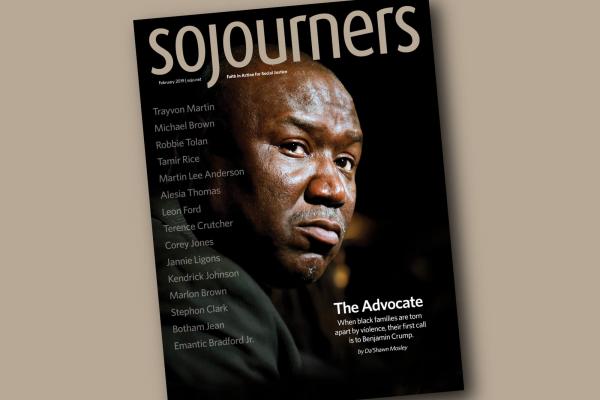“IT'S HARD TO imagine the average evangelical church embracing Mutesa’s colorful portraits of nude black joy,” writes Faith-Marie Zamblé in her profile of the young photographer whose work is rippled with laughter, face paint, and bare skin. Though the mood of Mimi Mutesa’s work is more exuberant than explicit, Zamblé is right: Blame it on the apple, Augustine, or purity culture, but many churches we know—evangelical or otherwise—blush when it comes to body parts, especially naked ones. Ever notice how crucifixes often have Jesus wearing a loincloth despite scripture’s insistence he was stripped?
We suspect Christian jitters around nudity are rooted in fear that naked bodies will arouse unholy sexual thoughts. But as Lutheran pastor Nadia Bolz-Weber points out, the church’s tendency to couple sexuality and sin has led to a sense of shame that many Christians find hard to shake. “I wonder how we could begin to honor sexual pleasure as something that can connect us more deeply to ourselves and others and God, yet still speak the truth about the ways in which our behaviors around sex can also do the opposite,” she writes in “Honor Thy Sexual Pleasure?” an excerpt from her forthcoming book, Shameless: A Sexual Reformation.
Read the Full Article

